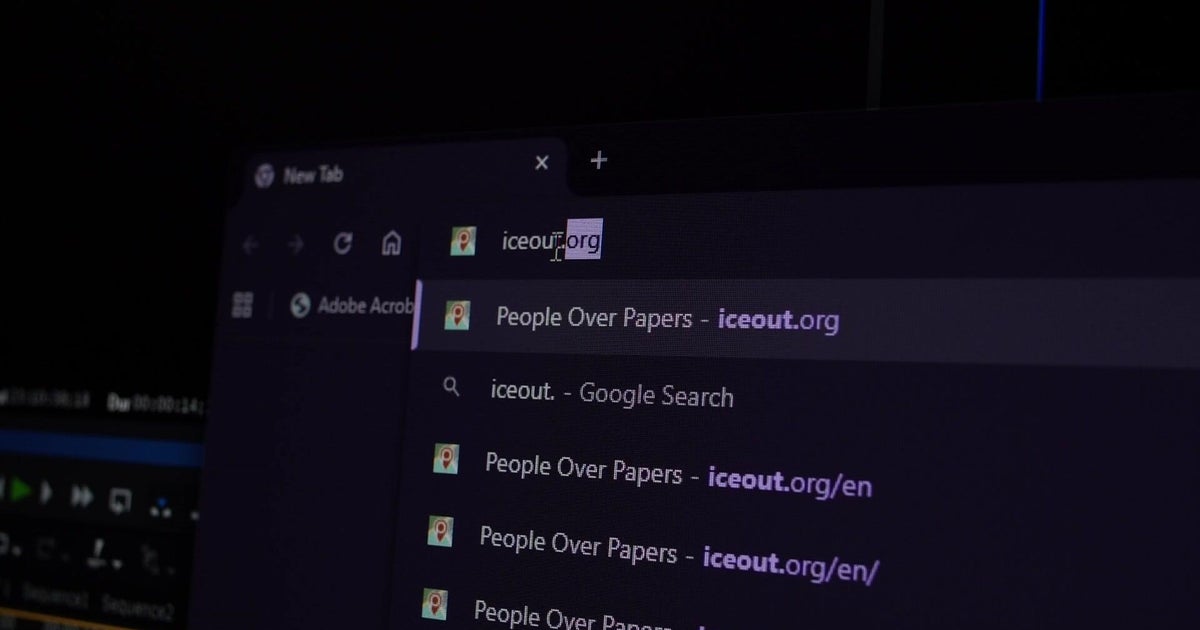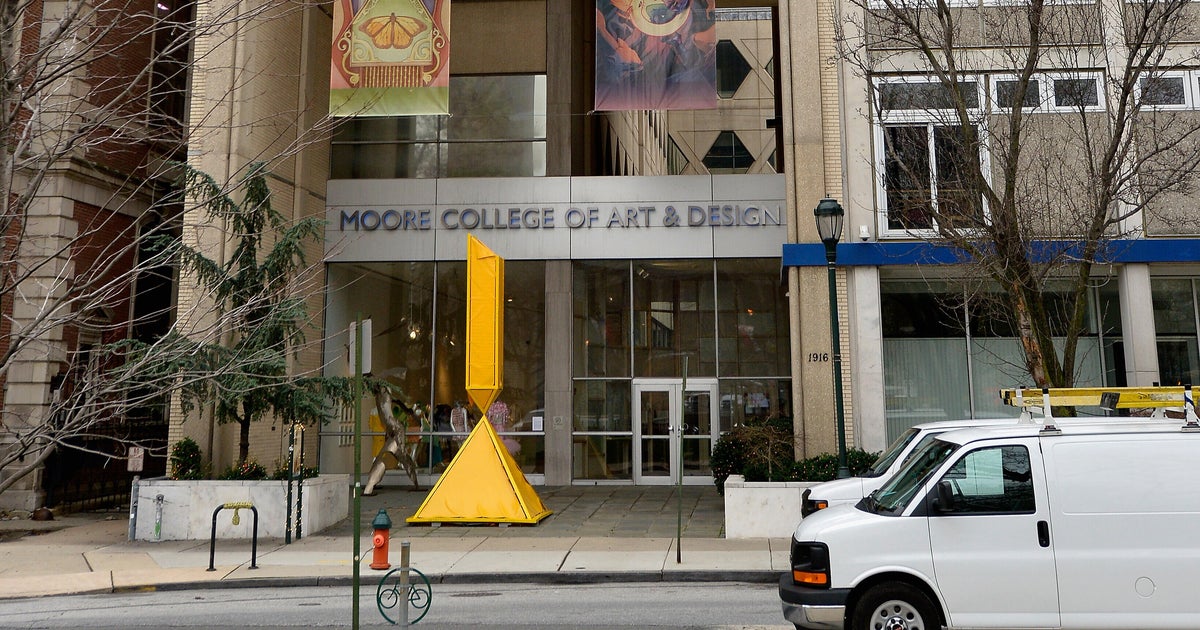Some See Problems With Internet's New Domain-Name Expansion
PHILADELPHIA (CBS) - The administrative body that oversees domain names on the Internet wants to expand the playing field.
A new, pricey system will allow companies and groups to apply for their own suffixes beyond the most common address endings (see related story), but some critics are calling the development troublesome.
There are now 22 easy-to-remember "generic top-level domains." Among the most familiar are .com, .net, and .org.
The organization that issues domain names, the Internet Corporation for Assigned Names and Numbers ("ICANN") says that now, for a $185,000 application fee and $25,000 a year after that, the Internet domain naming system will insert your chosen word, in any language, at the end of an Internet address.
 Drexel University associate professor Glenn Booker (right) thinks it'll turn into a "marketing strategy" only for those with deep pockets.
Drexel University associate professor Glenn Booker (right) thinks it'll turn into a "marketing strategy" only for those with deep pockets.
"Only large corporations are going to be able to do this," he tells KYW Newsradio. "Or very, very rich, very vain people."
He says that for the rest of us, search engines like Google will still get you we where you want to go.
"I don't think it'll have a huge impact on everybody's day-to-day use of the Internet," Booker says.
But he expects that there could be trademark infringement fights and lawsuits over domain names in an effort to protect brands, products, and companies.
And a group of computer scientists and activists called People For Internet Responsibility say the new Internet naming scheme could result in cybersquatting. It says there could be a "gold rush" to game the system, as people register new top-level domains of companies, famous people, and cities, and then attempt to sell them back.
Reported by Steve Tawa, KYW Newsradio 1060







